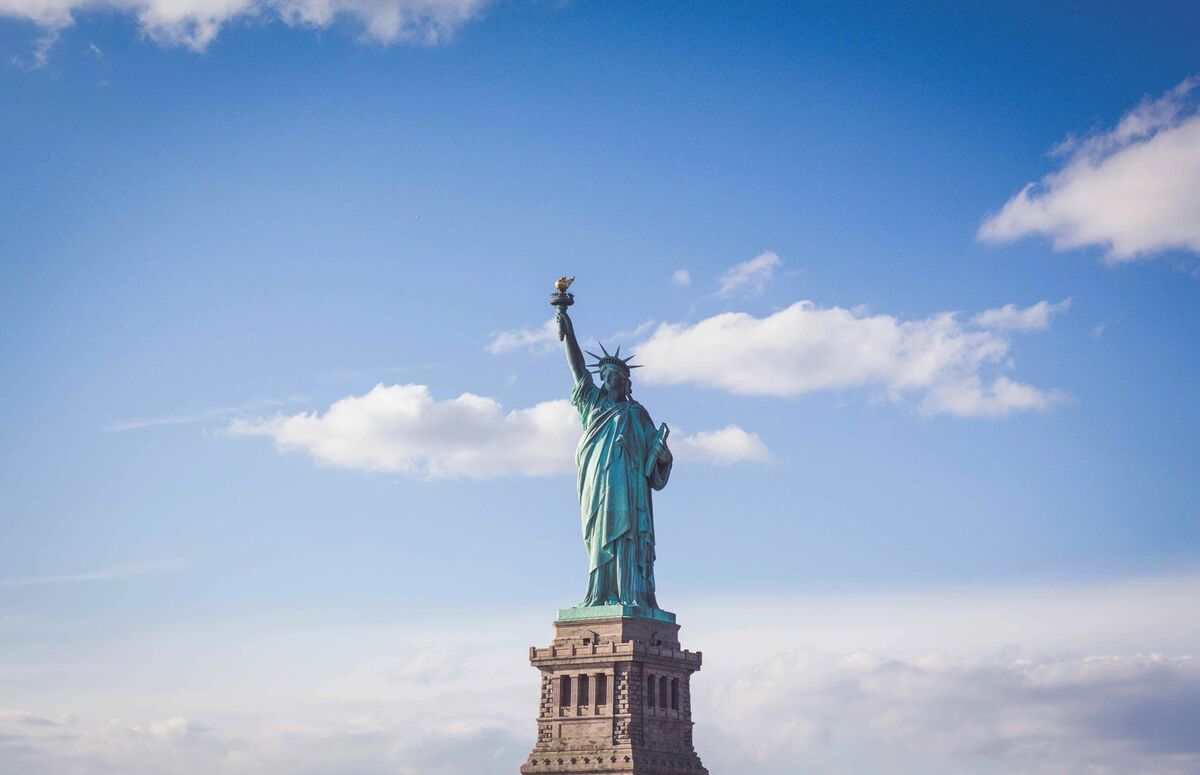
Second, I'm concerned that the deteriorating performance of many inner-city public schools is a grave threat to the viability of our democracy. For example, The Wall Street Journal published an editorial on October 5, 2022 under the heading "Illinois's Shocking Report Card", reading as follows.
"No one thought Illinois schools were a shining beacon in the education landscape, but we didn't know how truly awful so many of them are. A new report ... shows that an epidemic of indifferent instruction and social promotion has left children unable to perform at even the most basic educational level. Statewide 36% of all third-grade students could read at grade level ... that number drops to 27% for Hispanic students and 22% for black students statewide. In certain public-school systems, the numbers plummet to single digits. In Decatur, 2% of black third graders are reading at grade level and only 1% are doing math at grade level ... Chicago's 30% of black third graders reading at grade level almost seems a triumph by comparison. Statewide, the system records a 30-percentage point achievement gap between black students and white students. If you want to discuss "systemic racism", start here, yet black Illinois politicians protect this indefensible system ... In Decatur, 97.3% of teachers were rated "excellent" or "proficient". This year 100% of Chicago teachers were evaluated as excellent or proficient. The students are failing but the teachers are great? That contradiction shows the system is corrupt as well as incompetent...".
A similar story in The New York Times on September 28, 2022 discussing results of the New York State education proficiency exams reported "Less than 38% of third through eighth graders demonstrated proficiency in math... Overall, about 21 percent of New York City's black students and 23 percent of Hispanic students passed this year's math exam, compared with 59 percent of white students and 68 percent of Asian American students."
Where is the public outrage about the plight of these children? Students who lack basic English and math skills are unlikely to succeed as adults in America's economy. Their failures may nourish resentment and alienation, and various social maladies such as substance abuse and crime. Some may attribute their failures to "systemic racism", but that claim is not accurate as black voters and their elected politicians control many of the worst-performing school districts. State and local governments have a moral responsibility to demand higher performance standards in the public-school systems they oversee. Concerned citizens have a moral responsibility to make educational effectiveness a primary consideration in casting their votes on Election Day.
My third observation is that deterioration of family and community structures is the root cause of many of our social maladies. Ian Rowe, a noted black educator, describes this pernicious dynamic in his book "Agency" (Templeton Press, 2022), as follows.
"Families, neighborhoods, religious institutions, and all the other mediating structures within a child's microsystem weave together to shape the civil society that can produce generations of individual citizens capable of self-governance and cognizant of life-long habits and virtues necessary to lead an independent fulfilling life...
"Some of my pupils seized every opportunity. Their families helped them to see obstacles not as stumbling blocks but as stepping stones to a better future. Often these were children of first-generation immigrants, similar to my parents. Or they might be nieces and nephews of exacting aunts and uncles who had assumed the responsibilities of parenthood, or grandsons and granddaughters of older native-born blacks, many of whom had experienced state-sanctioned segregation firsthand. All these families hoped their young charges would live the American Dream. All knew that their children could take on life on their own terms, even in the face of structural barriers. But there was a price for admission. They placed enormous emphasis on strong family ties, usually practiced a religious faith, and instilled in their children a work ethic. Whether they liked it or not, they believed their black children had to outwork, outstudy, and outhustle the competition.
"But there were other kids who were no less talented yet were falling behind. By happenstance, these kids had been born into an economically struggling region or a chaotic family environment. Often they were children of twenty-something, never-married single mothers valiantly trying to hold it together... These kids were largely alone on a pathway to receiving the kind of poor education that led to the kind of dire statistics that had marked their community for generations."
My hope for this New Year 2023 is that America's inclination towards increased compassion for those who are marginalized continues to evolve, and is coupled with insistence on increased personal responsibility. Personal responsibility to invest the study hours necessary to pass language arts and math grade-level competency tests. Personal responsibility to avoid out-of-wedlock parenting. Personal responsibility to not have additional children when unable to care for children one already has. I believe our political dialogue about "individual rights" would better serve us as a dialogue about "Individual Rights and Individual Responsibilities".
What do you think?
